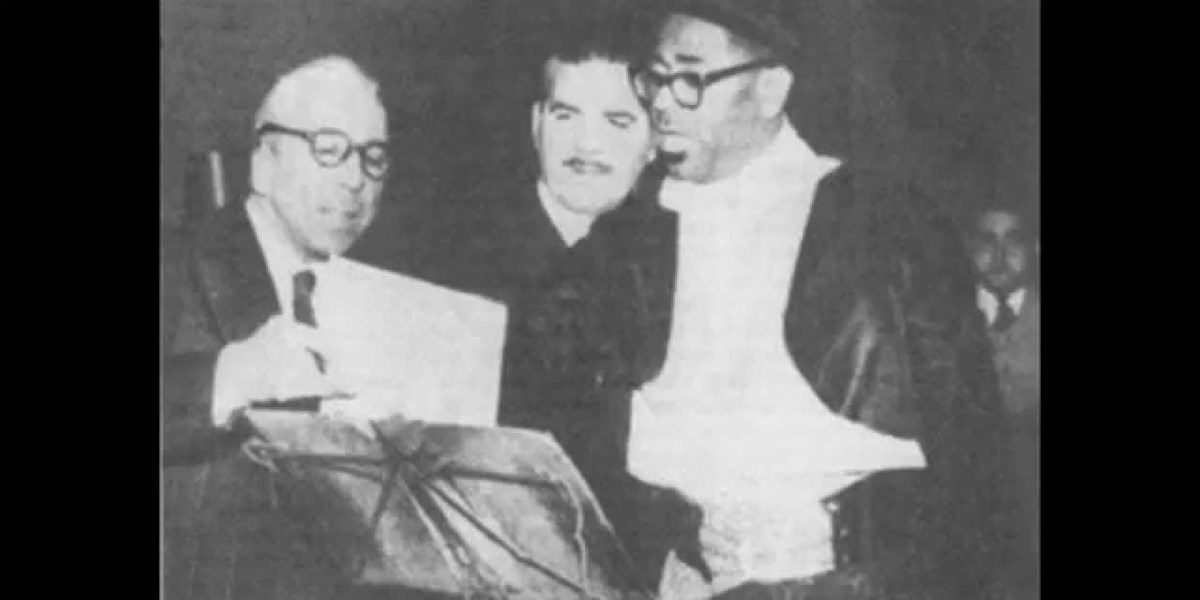Thursday, August 18, 2022
Soapbox: Racism and the Music Industry
By Chris Moss
“What may begin with the throwaway use of language ends with economic, social and artistic injustice”

Time to rethink tango: when Fresedo met Gillespie, 1956

Register now to continue reading

Thanks for visiting the Songlines website, your guide to an extraordinary world of music and culture. Sign up for a free account now to enjoy:
- Free access to 2 subscriber-only articles and album reviews every month
- Unlimited access to our news and awards pages
- Our regular email newsletters

